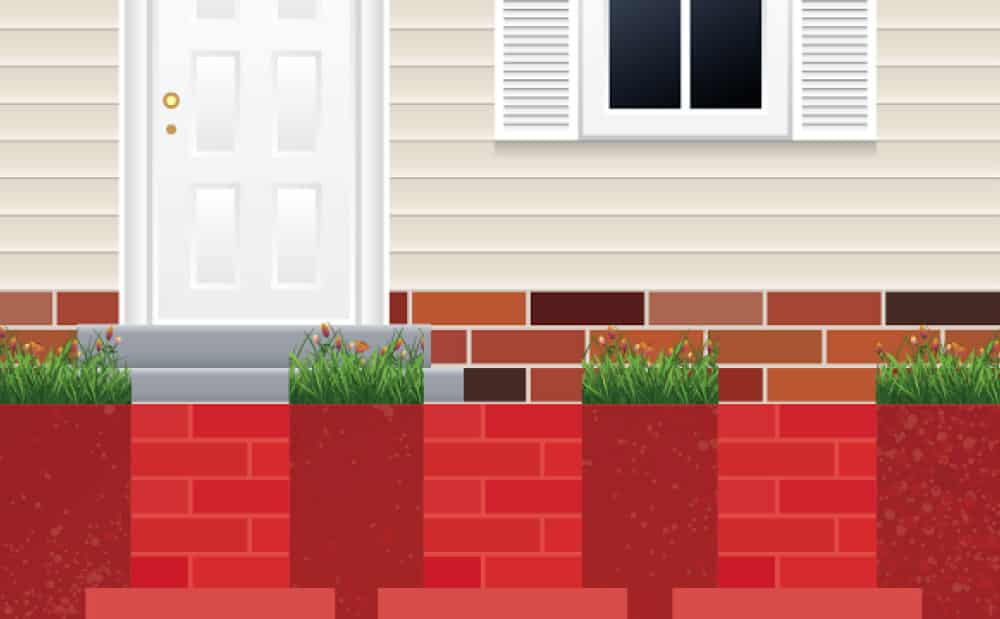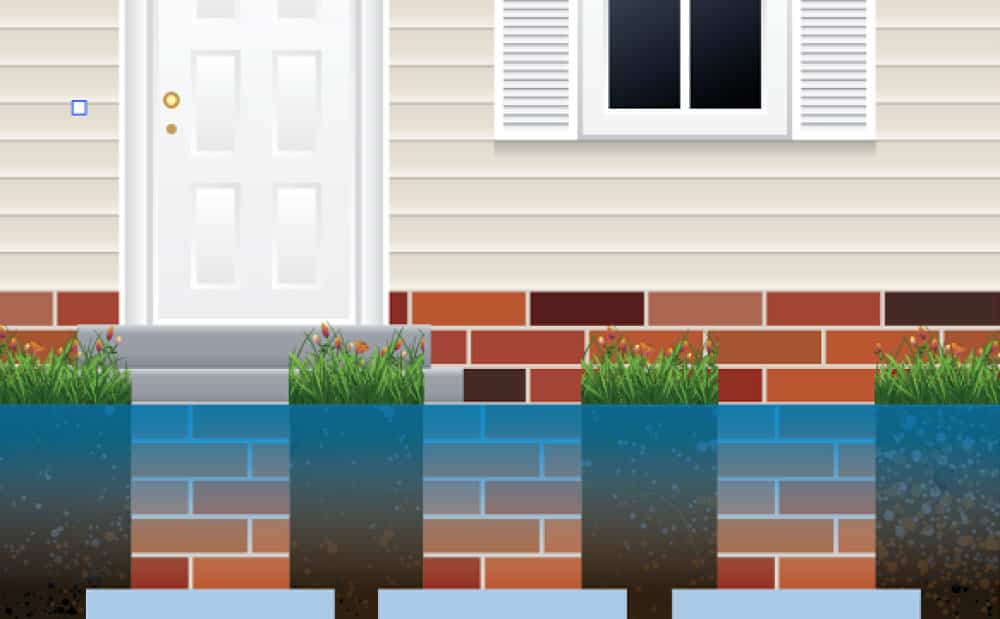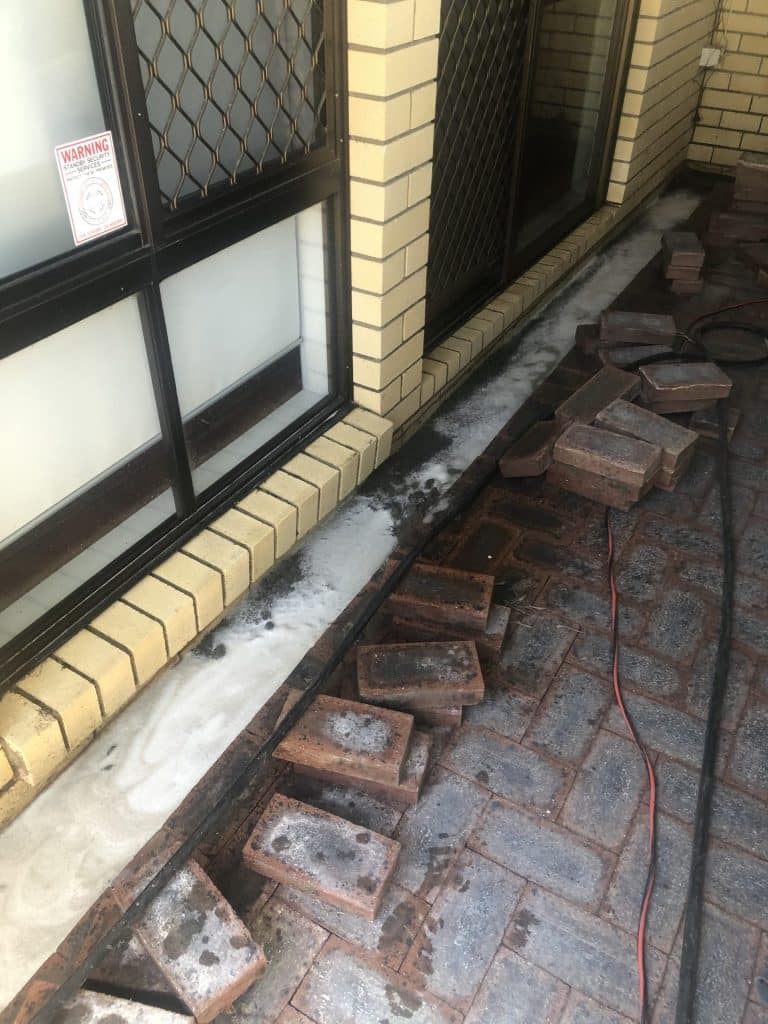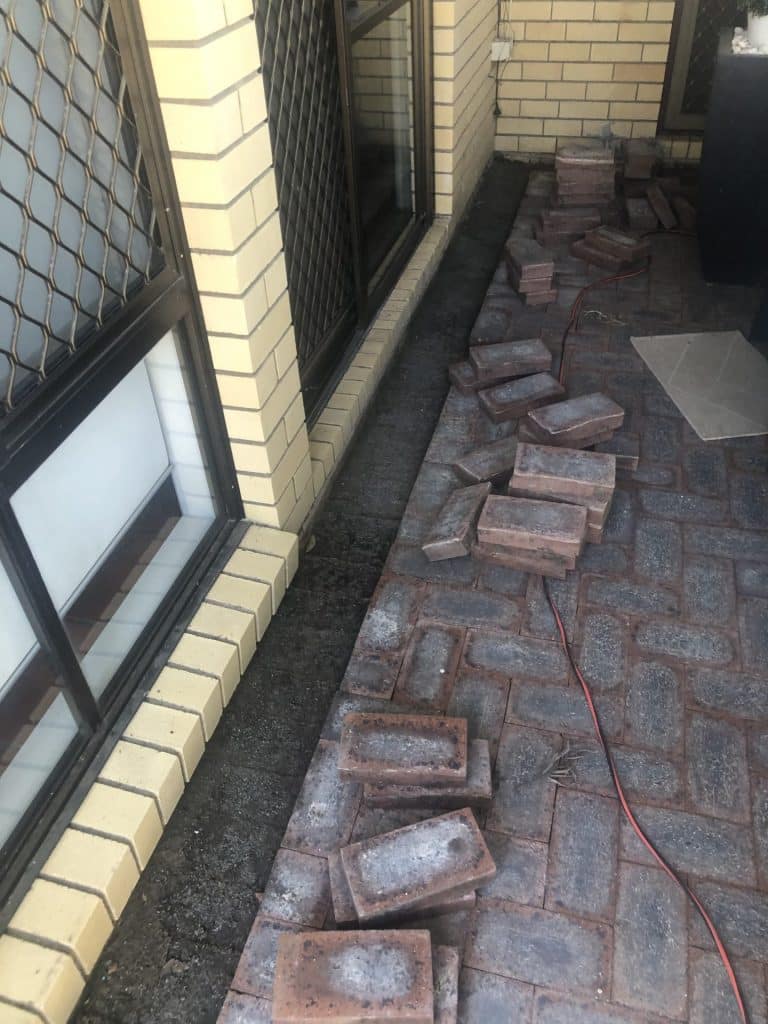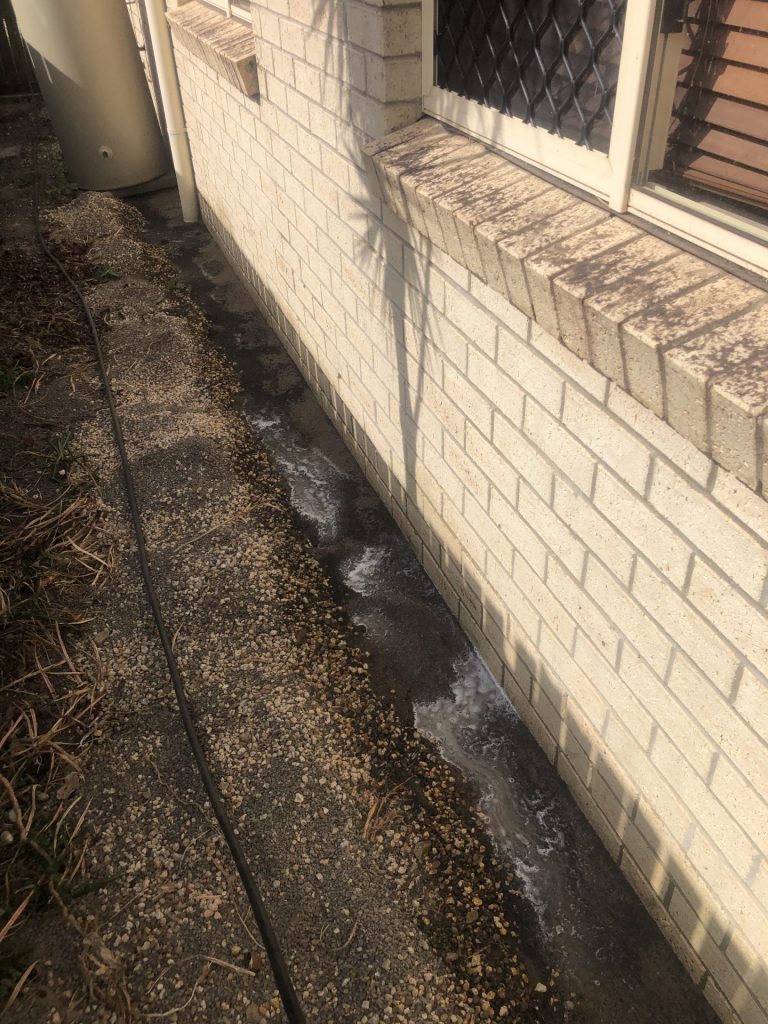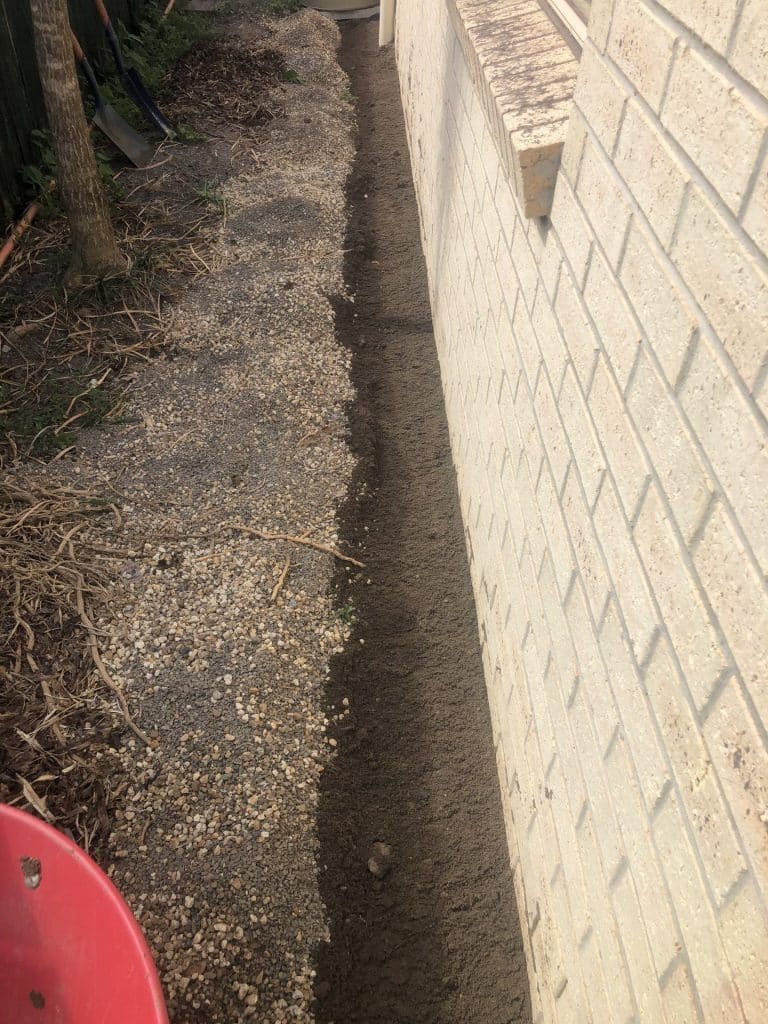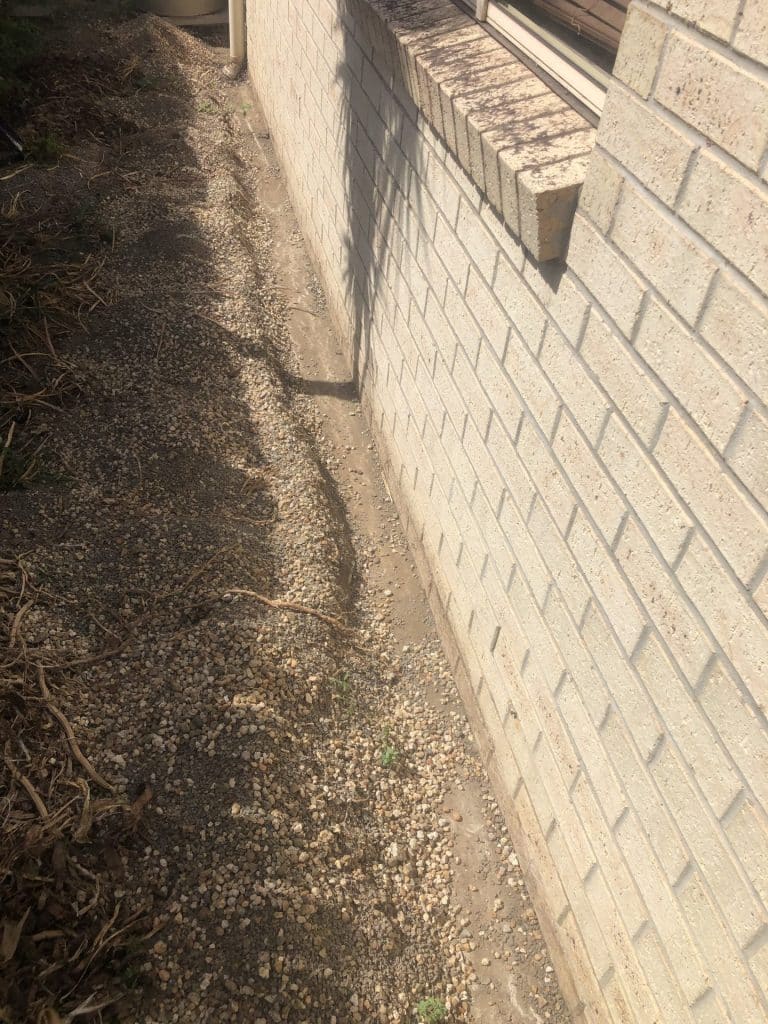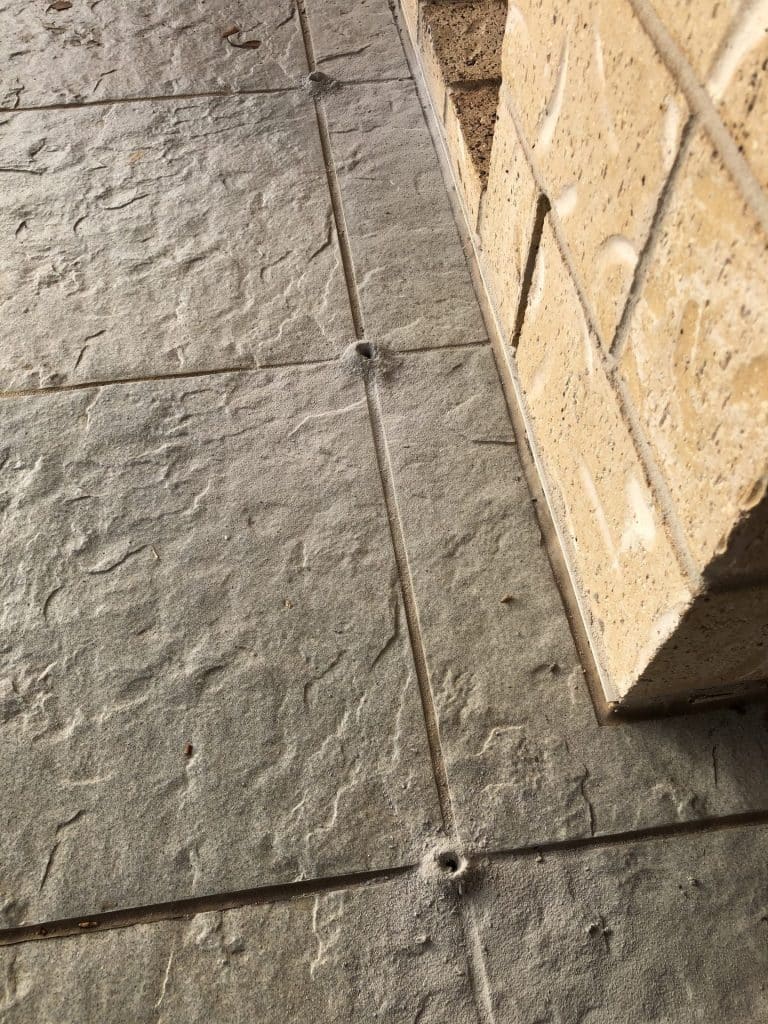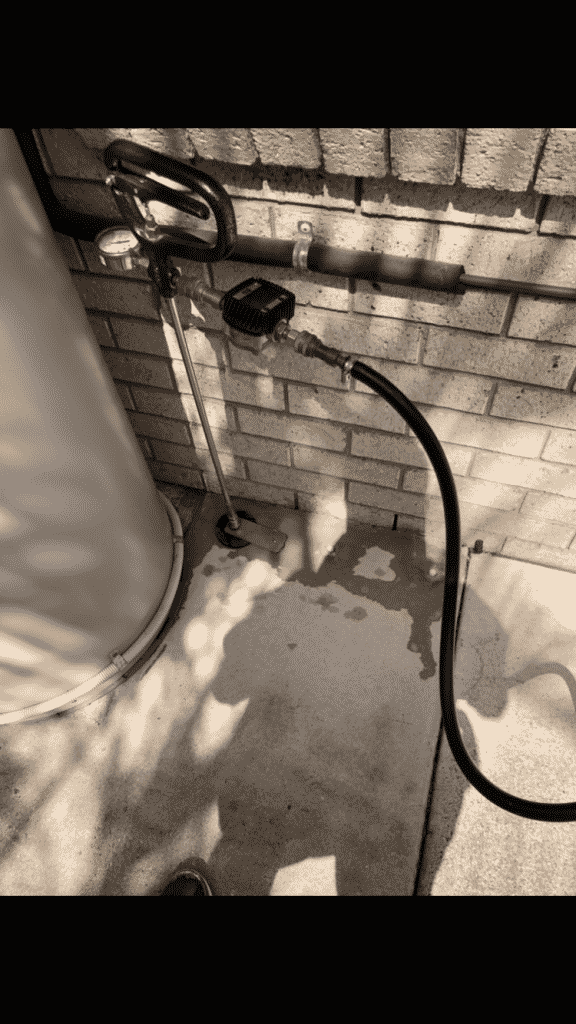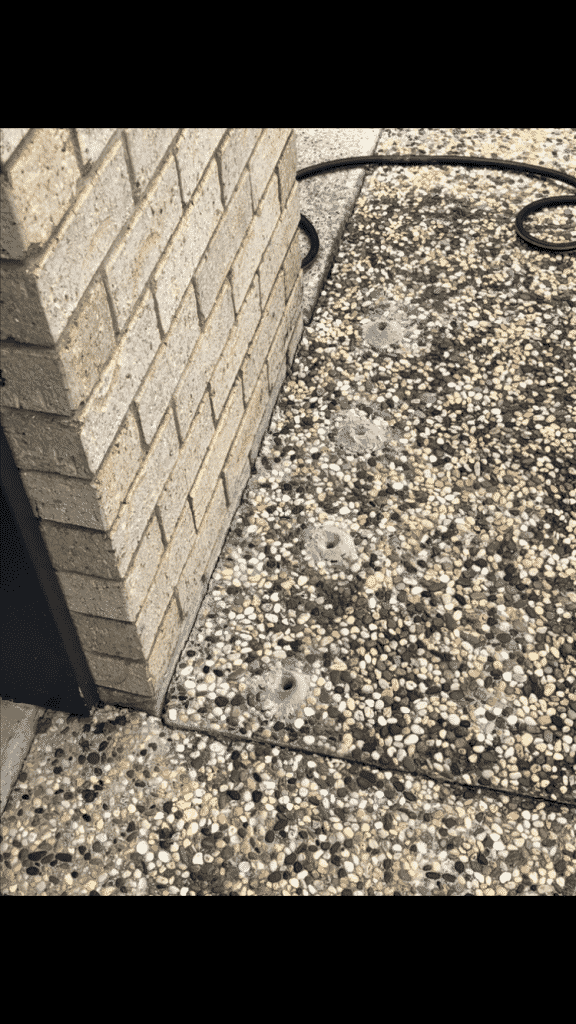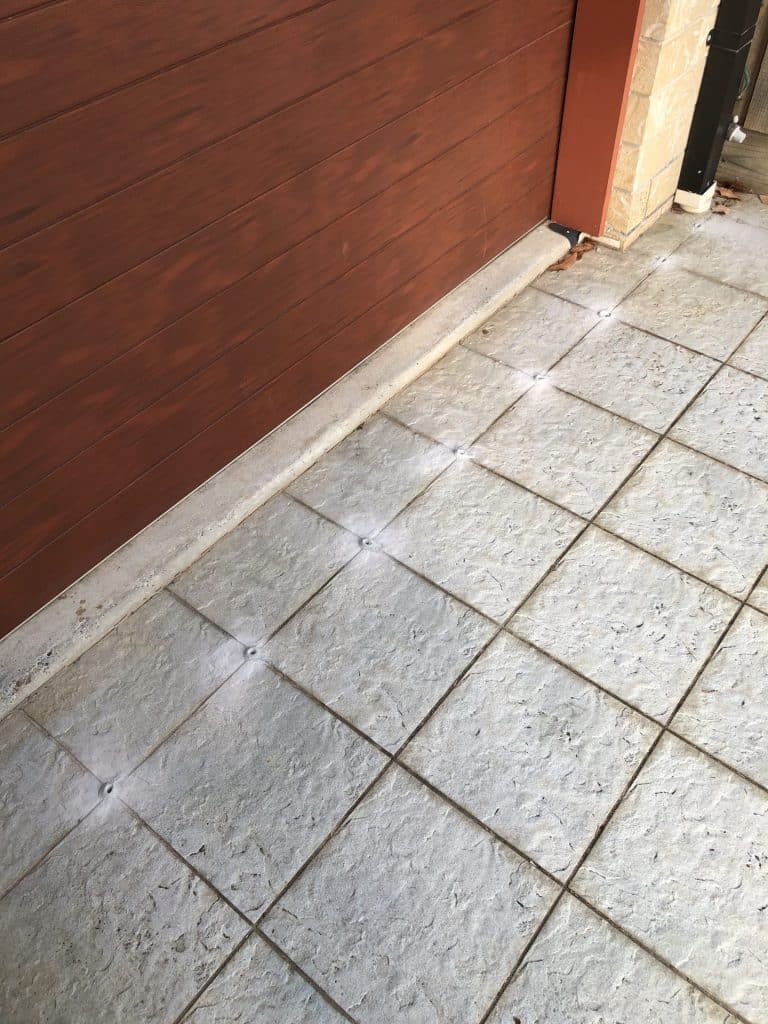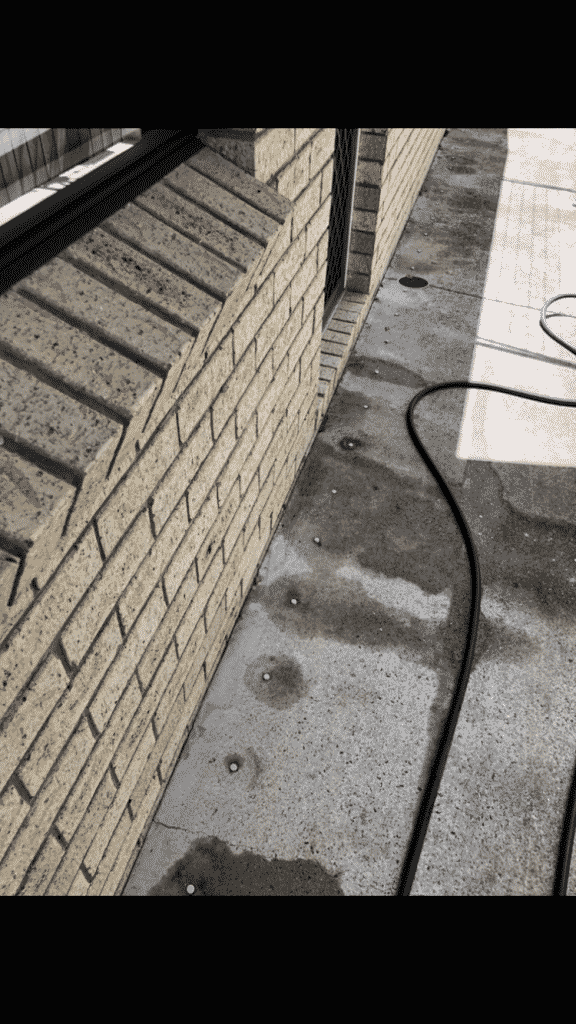Which chemical should you choose?
Repellent vs non-repellents. Generic brands vs original brands. Which is the better protection for your home?
Termidor / Termidor HE Generic / Non-repellent brands
(Images are from the Termidor Homeowner Guide)
As you can see, the superior chemical penetrates further through the soil and has a more thorough bonding process with the soil to ensure no gaps are left open for the termites to go through untreated soil. Non-repellent slow-acting transfer chemicals (e.g. the Termidor/Termidor HE brands) are premium grade chemicals in the termite barrier world. These are the products 9 out of 10 Blue Chip Termite & Pest Control customers use to protect their homes. This class of chemical does not affect the termites natural foraging process; hence the termite’s entire body is covered in the chemical and is then transferred through the colony workings (one termite kills multiple termites through the transfer effect). These types of chemicals are made to kill out any possible nests around your outer house walls and garden areas.
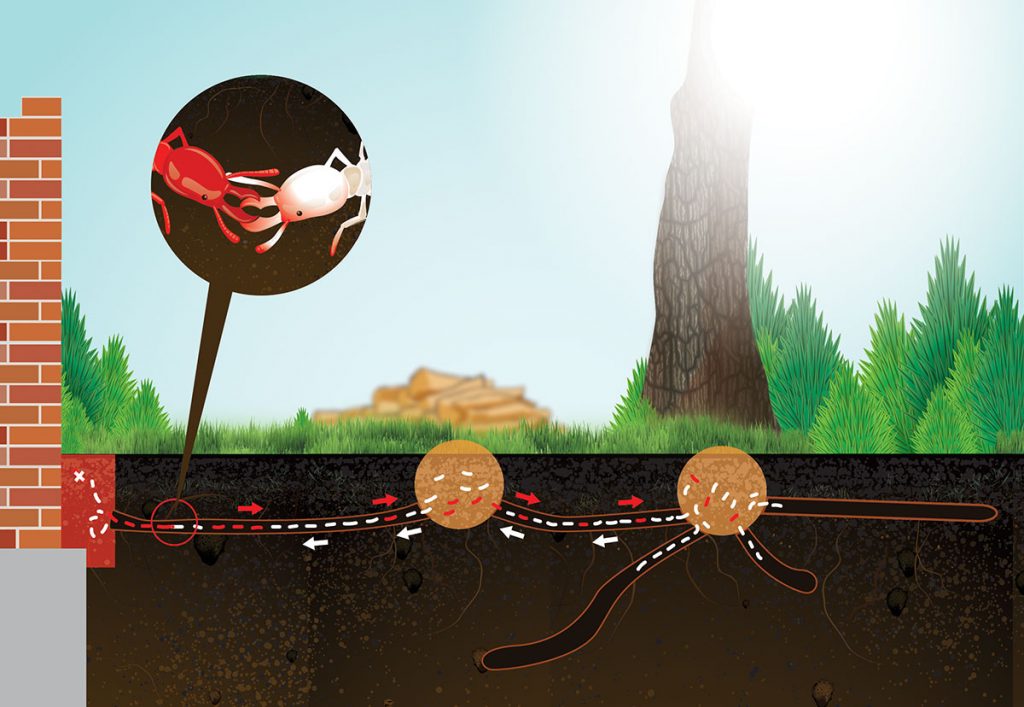
Repellent chemicals, known as blocking chemicals (the cheaper brands), are there purely to kill any termites that gain entry into the treated zone with no chance of the transfer effect of the non-repellent class of chemicals. Studies have also shown that termites learn from the repellent treated zones and continue foraging, increasing the chance of finding alternative entry into your house.
Generic non-repellent vs original non-repellent brands
Yes, they may have the same active ingredient, but it all comes down to how the chemical is put together and how well the chemical bonds together with the soil to handle different weather conditions and give you that long term protection and peace of mind that your house is protected for 8 to 10 years. BASF has designed Termidor and Termidor HE to be market leaders and the only chemicals that Blue Chip Termite & Pest Control stands by for their customers. You can find Blue Chip Termite & Pest Control on the BASF website under Accredited Applicators.
Treatment Process
Depending on the design of the house (e.g. if you have paved, concreted areas, or soil around the outer walls), the installation process ranges from trenching along the wall in unpaved areas to drilling between the grout line of tiles or along concrete paths. Termidor is designed to go up to 200 millimetre hole spacings apart, 150 millimetres out from the wall. The slightly more expensive product, Termidor HE, can go up to 450 millimetres apart and is designed for getting between those 300 and 400 millimetre tiles to minimise the damage.
A rough guideline for the amount of chemical needed is 10 Litres per lineal meter. In certain instances, less chemical can be used if the footings along the wall’s edge are not deep. Still, Blue Chip Termite & Pest Control never goes below 10 Litres per lineal meter to ensure thorough coverage.
In older houses, footings can sometimes go 450 to 650 millimetres below the soil height. In this situation, the rate of chemical per lineal meter will increase. This will all be noted during our onsite assessment and taken into consideration in our quote.
Chemical does not bond to areas with stones installed around the house walls or areas with heavy clay. In these situations, Blue Chip Termite & Pest Control will install a premium sandy loam soil type to ensure the chemical has the best protection and coverage for your house.
Areas that have loose bricks will be lifted and reinstalled after the treatment is complete.
Life of the Chemicals
In Australian conditions, chemicals last between 3 to 10 years maximum depending on the chemical type and the mix strength. 95% of Blue Chip Termite & Pest Control treatments last for between 8 and 10 years.
Why Annual Termite Inspections Are Still Required After Chemical Barrier Treatments
Chemical barriers protect your home from subterranean termite attack, which is the most common termite attack to buildings. However, there are also dry wood termites and damp wood termites which can fly into the side of your home and start a colony by laying eggs inside your timber without ever having ground contact. These two types of termites are a lot less common but are just one of many reasons why on-going annual inspections are still essential.
Termites are complicated and can be expensive to treat as well as repair any damage. In Australia, homeowners cannot get insurance for termite damage. Yet another reason why annual termite inspections are so necessary.
More Information
We are always happy to answer any questions you may have regarding termite protection. If you would like to discuss your termite barrier options or schedule a termite inspection, please give us a call on 1300 GET BLUE (1300 438 2583) or send us an email at office@getblue.com.au.

